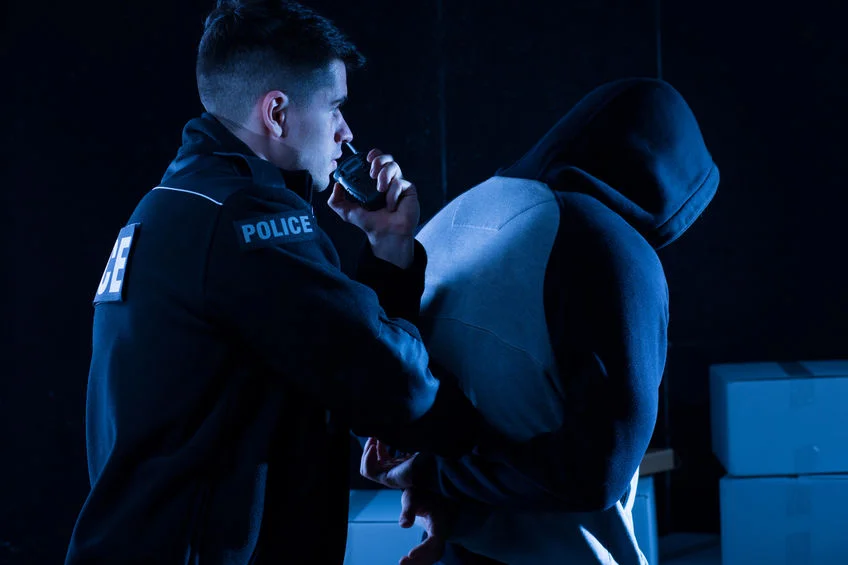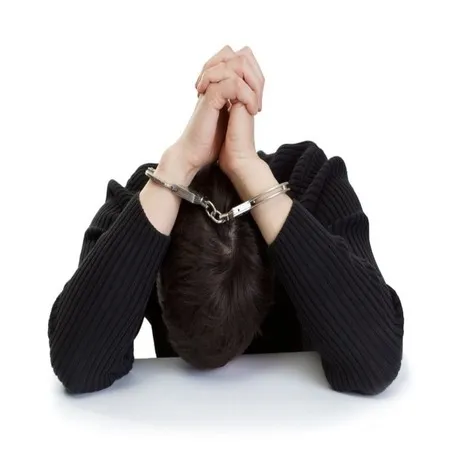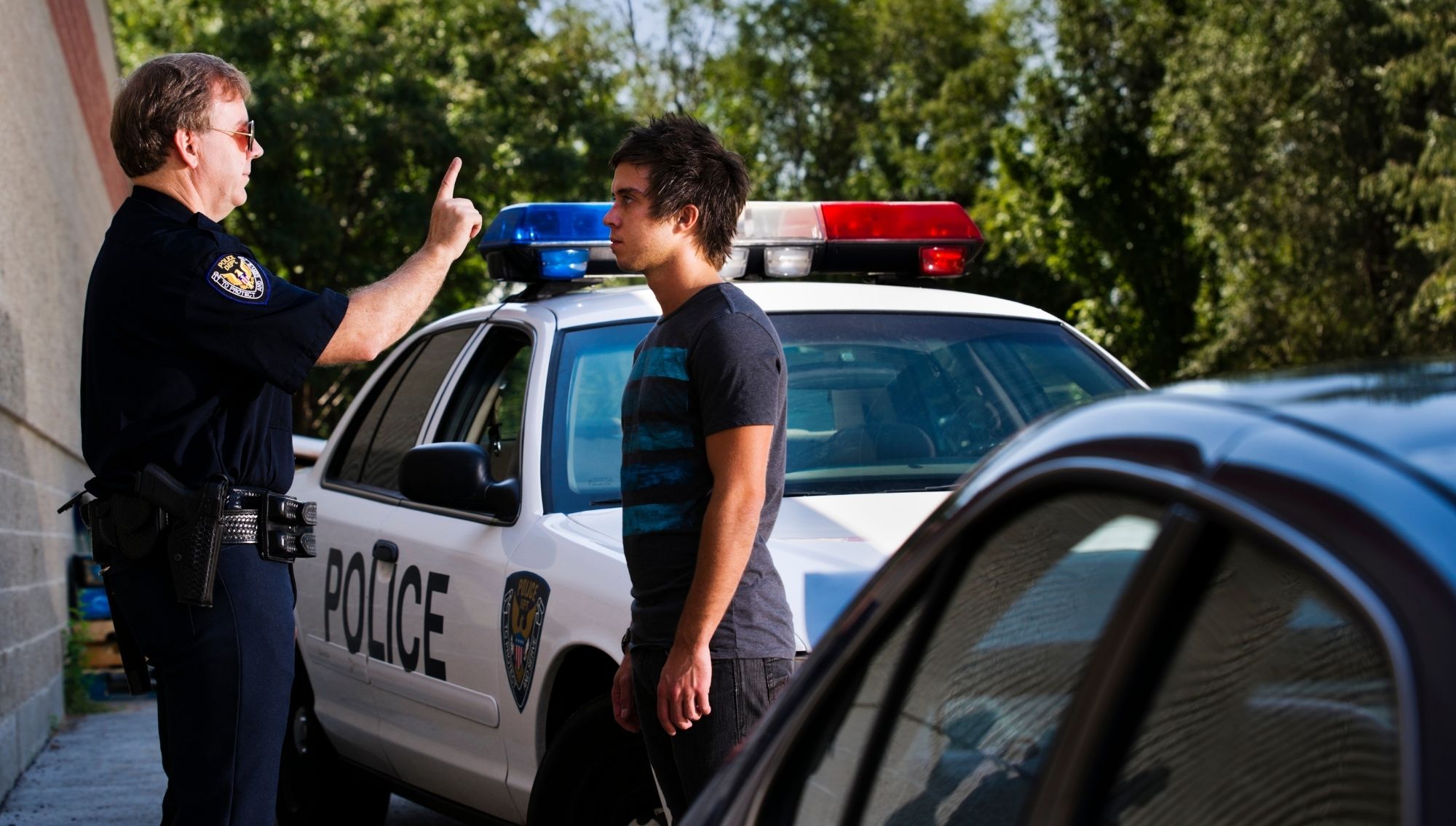How are Sex Crimes Classified in Maryland?

How are Sex Crimes Classified in Maryland?
Sex crimes in Maryland are inappropriate sexual contact with a person without consent. Some examples of sex offenses include abducting a child with the aim of prostitution, sexual assault, rape, incest, child pornography, and lewd and lascivious behavior.
Using force or the threat of force against another person to pressure them into sadomasochistic behavior or sexual activity is prohibited by law. Adults are not permitted to engage in sexual activity with minors in Maryland. A child in Maryland is a person under the age of 18. But a person must be at least 16 to consent to sexual conduct.
Classification of Sex Crimes in Maryland
Sex crimes in Maryland are categorized into second, third, and fourth-degree. The classification of a sex offense depends on the nature and type of the crime. The most serious sexual offenses are those of the second degree, while the least serious ones are those of the fourth.
What are second-degree Sex Crimes in Maryland?
Second-degree sex crimes in Maryland often consist of two things:
- A sexual act involving the accused and the victim must have taken place.
- At least one of the conditions below must be met when the conduct was committed.
- The victim was under 14 years old, while the attacker was at least four years older.
- The victim was either mentally ill, physically helpless, or both when the incident happened. And that the offender at the time should have known or could have inferred.
- The victim was coerced into the sexual act using actual or threatened force.
Penalties for Second-Degree Sexual offenses in Maryland
Second-degree sex crimes in Maryland are felonies. A second-degree sexual offense conviction carries a maximum sentence of 20 years in prison. A mandatory 15-year jail sentence might be imposed If the perpetrator was 18 years of age or older and committed a sex offense with a person who was younger than 13 years at the time the act happened. In such a case, the judge has the option of handing down a sentence of 15 years to life in prison for the offender.
Finally, people are frequently charged with second-degree sex offenses whether they commit the crime or not. A former romantic partner or spouse may be the target of some people’s desire for vengeance. You have the right to deny any allegations and defend yourself If a lawsuit is filed against you.







